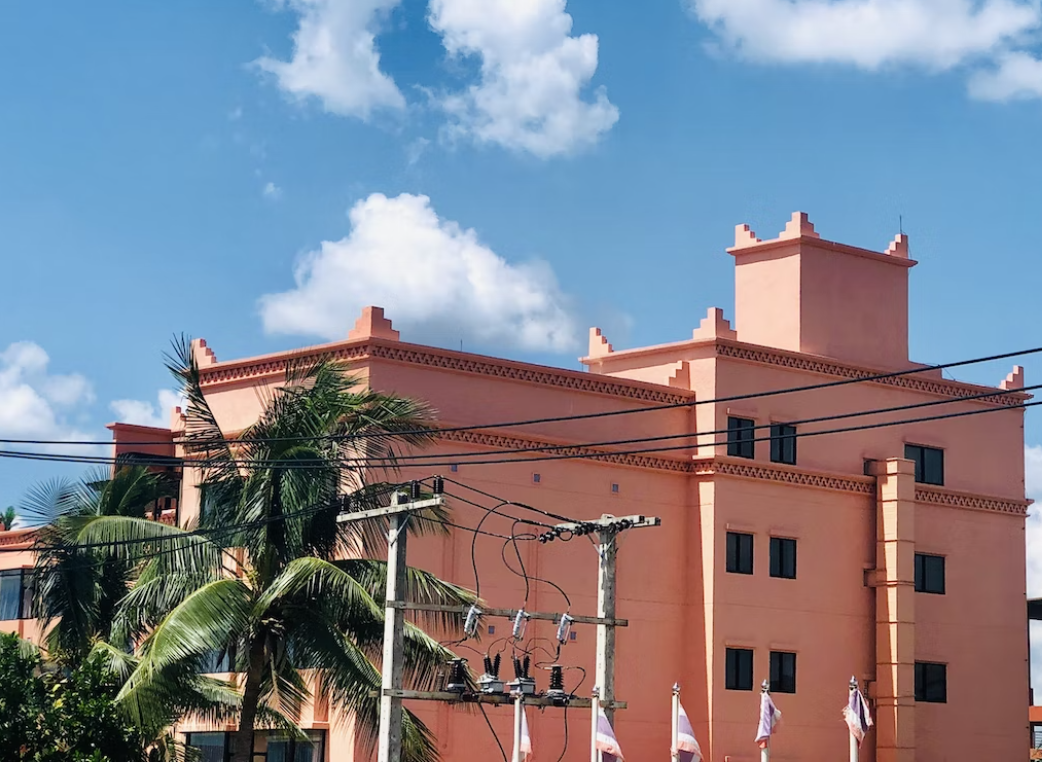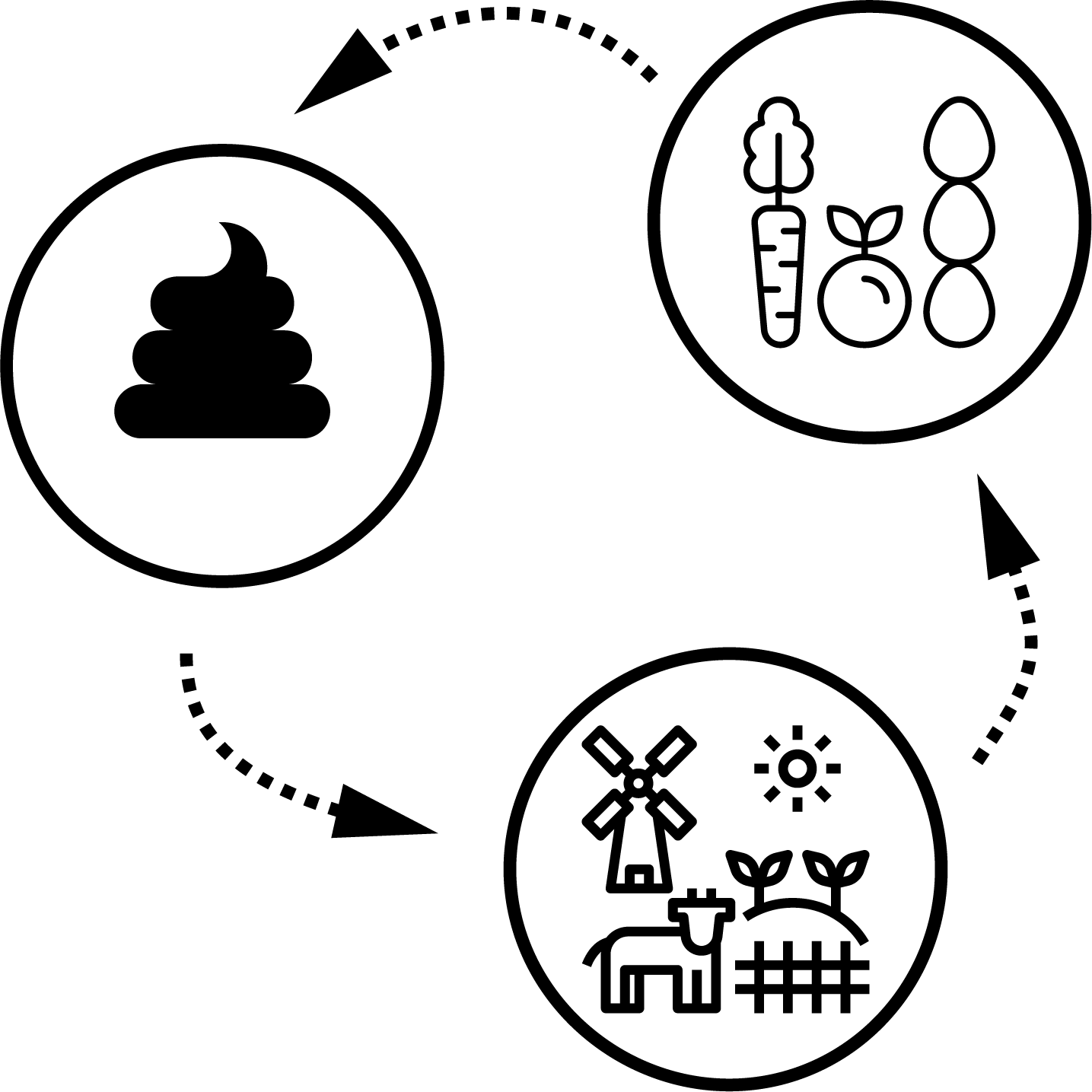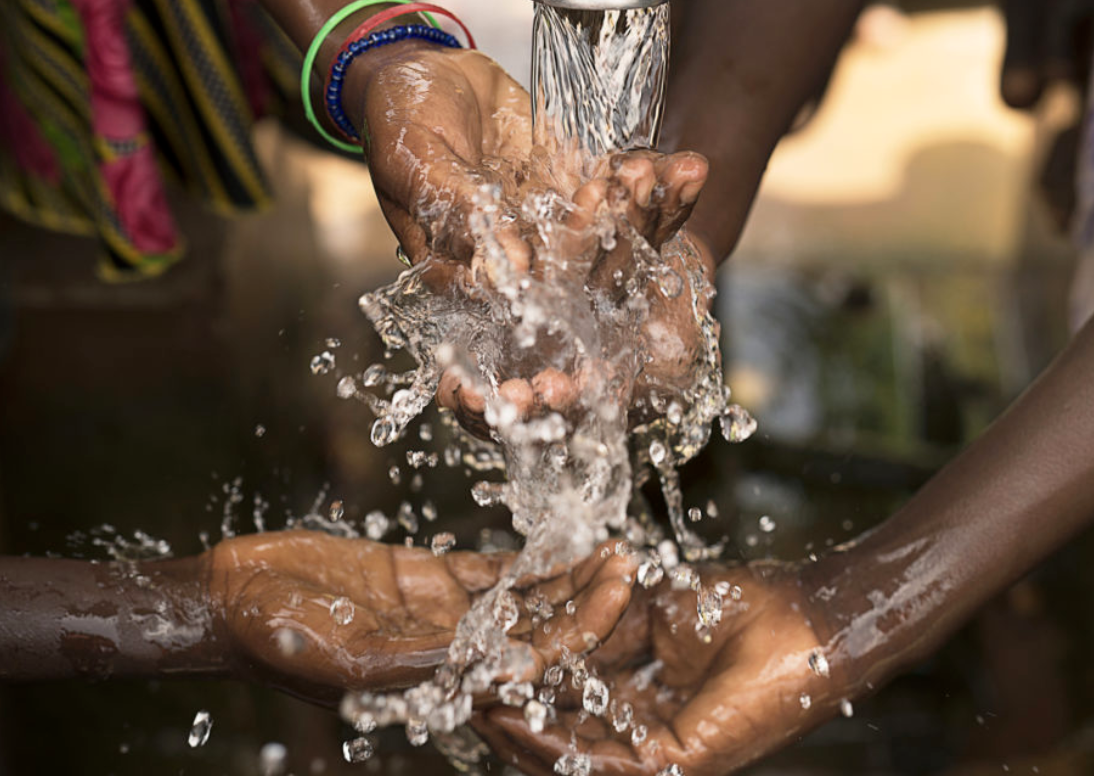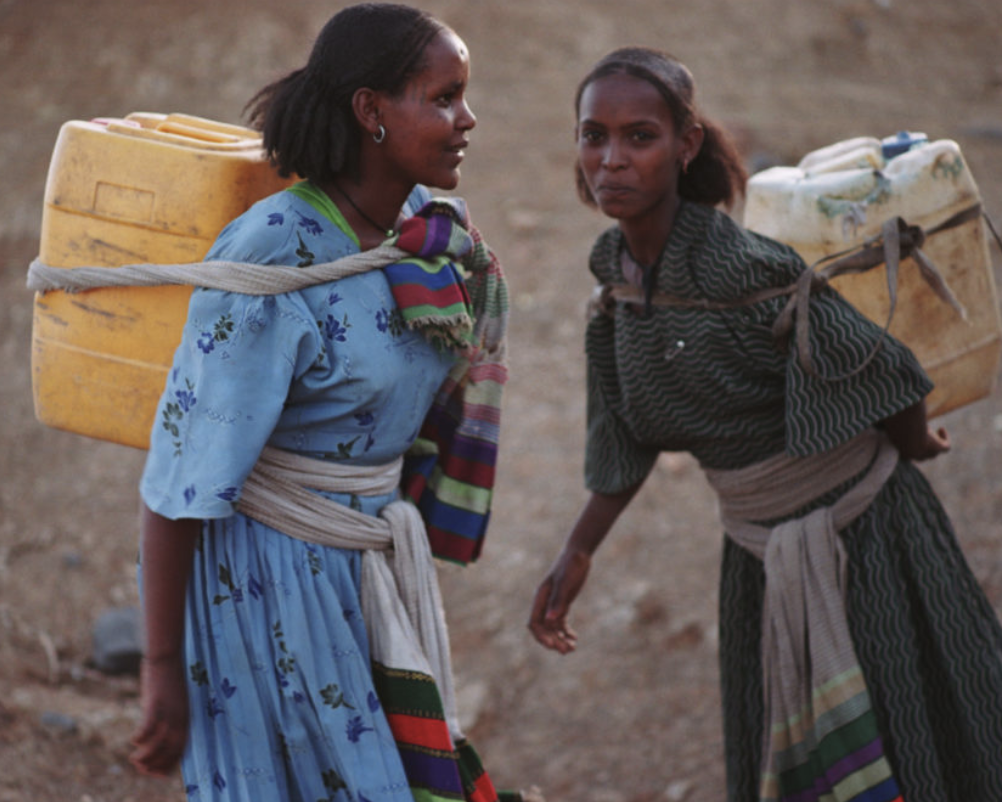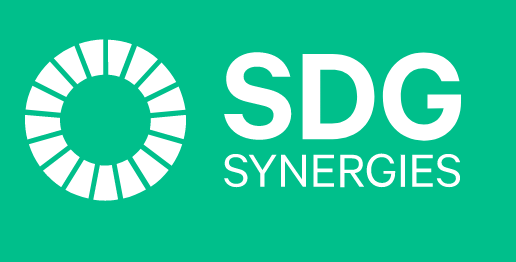policy makers
Adapting Coastal Cities and Territories to Sea Level Rise in North America – U.S. West Coast: Challenges and Leading Practices
Explore an overview of current practices and remaining challenges for coastal cities in defining and implementing adaptation strategies to sea level rise, proposed solutions, and leading practices developed across California, Oregon and Washington in the latest Ocean & Climate Platform report.
Assessing Inequalities in Wellbeing at a Neighbourhood Scale in Nakuru, Kenya and Udon Thani, Thailand
Learn about how surveys were used to explore wellbeing in two low-middle income country cities: Nakuru and Udon Thani. Discover city characteristics that improve wellbeing and promote long-term livability.
EGESTABASE Tool
Learn about EGESTABASE, an emerging online platform that aims to comprehensively map scientific evidence on the recovery of nutrients from human excreta and municipal wastewater for reuse in agriculture. The online platform helps you discover different innovative approaches and studies that exist, and use this evidence to inform decision-making processes.
WASH Flows Tool
Explore this analytical tool aiming to combine both watershed management and water, sanitation and hygiene goals into a single planning process, encompassing all water supply sources.
Empowerment in WASH Index Tool
Learn about EWI: a pragmatic survey-based tool made to measure, monitor and carry out diagnostics of water, sanitation, and hygiene-related interventions, allowing for inclusive and equitable outcomes.
Citizen science for monitoring air pollution
Learn about this 3-step approach used to engage local communities in monitoring air pollution levels, providing new insights into human health and how to mitigate and avoid pollutants using a citizen science approach.
MapStakes: A tool for co-creation processes
This is a five-step tool that helps users define system boundaries; identify, map and involve stakeholders; and monitor the engagement process.
Resource Value Mapping (REVAMP) Tool
This tool uses data on waste streams to estimate total resources and reuse potential in a city's wastewater, enabling city planners and policymakers to better make decisions on urban waste management.
SDG Synergies Tool
SDG Synergies is a practical tool for understanding how groups of policy areas and targets interact, using systems thinking. Designed by researchers at Stockholm Environment Institute originally to support governments in implementing the Sustainable Development Goals, SDG Synergies could be invaluable within and beyond the field of sustainability.
Intro to Climate Policy for Climate Adaptation Professionals
Check out this ALN course with video lectures which covers the basics of environmental policy, climate mitigation and adaptation policy, overviews of key policy actors and tools, and policy gaps.

